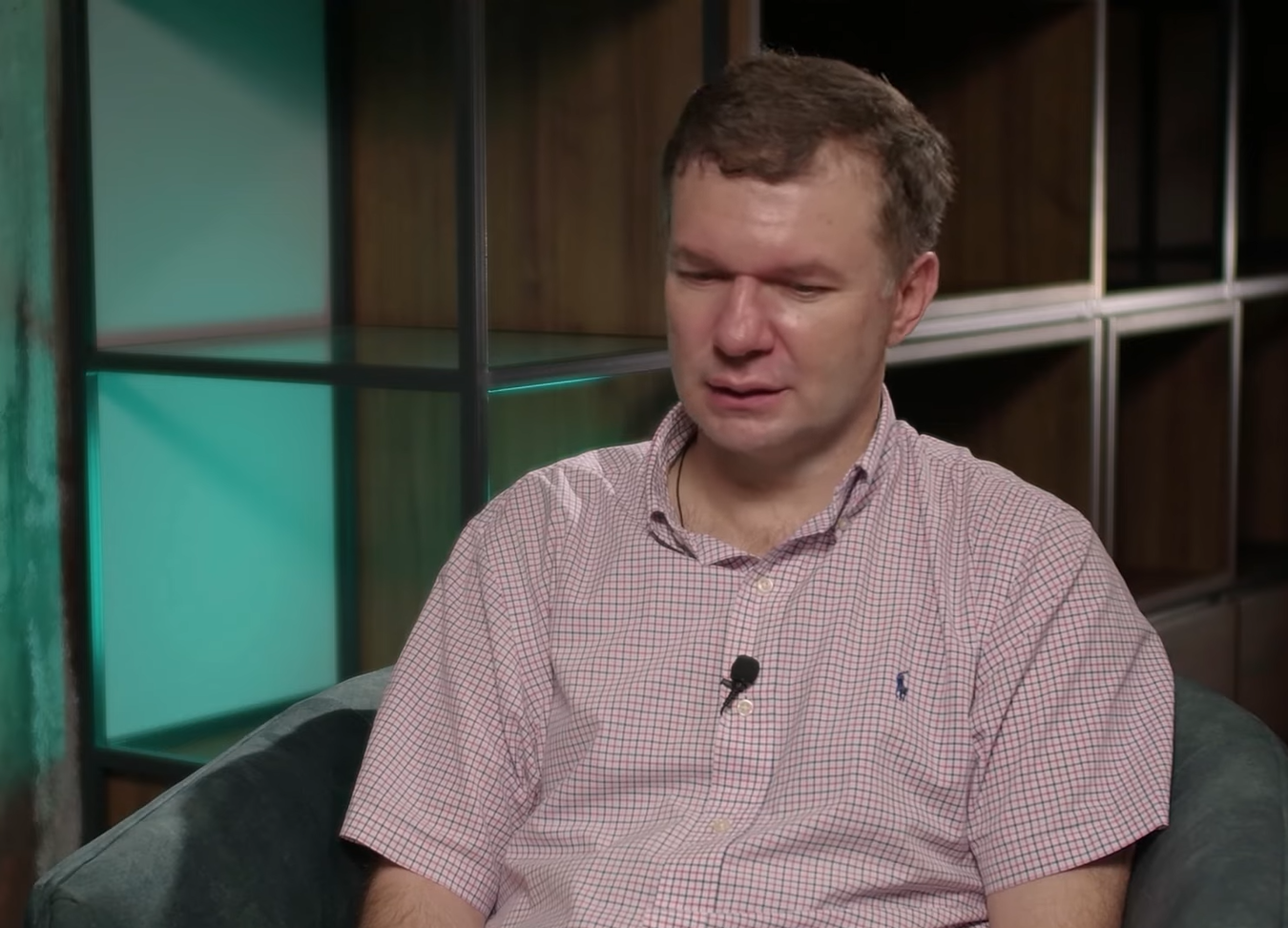Economist Us explained why the “strong” ruble does not save but destroys the Russian economy
2 September 12:48
Ivan Us, Chief Consultant at the National Institute for Strategic Studies, PhD in Economics, in an interview for the YouTube channel "Komersant Ukrainian" explained why the Russian economy, despite formal GDP growth, is experiencing a deep structural crisis and how the “strong” ruble is undermining the Russian economy.
According to Ivan Usa, Russia’s revenues from energy exports have plummeted. If earlier the Kremlin could earn up to 1.5 trillion rubles a month on hydrocarbon exports, in June 2025 this figure fell to 476 billion.
“This is three times less than it could potentially be. Yes, prices have fallen, but the ruble remains strong. The dollar now gets fewer rubles than before. Ostensibly, this is good for the population, but it is bad for the economy,” the expert noted.
Russia’s GDP growth is an illusion created by the war
Us emphasizes that the current growth of Russian GDP has nothing to do with economic development. According to him, the Central Bank of the Russian Federation recognized back in September 2023 that production growth is occurring in sectors unrelated to consumption or investment.
“This is directly related to the war. When you produce more tanks, guns, and missile systems, it formally adds to GDP. But it does not create a long-term effect in the economy. Everything produced is simply burned up at the front,” the economist explains.
He compares this with an example:
“Poland produces a combine harvester at its heavy engineering plant, which has been profitable for years. And Russia produces a tank that gets to Kharkiv region and burns up. The result is zero.”
According to Ivan Usa, the Kremlin is trying to use military “growth” as a pretext for monetary expansion.
Watch us on YouTube: important topics – uncensored
“Money is being printed for this growth. But as a result, the economy receives neither benefit now nor effect in the future, and inflationary pressure is growing,” he says.
Russia’s defense budget continues to grow despite the promises of the Ministry of Defense
Although the new Defense Minister Andrei Belousov has been mandated to optimize military spending, according to Usa, it is actually increasing.
“The budget for 2025 means another 2.3 trillion rubles for defense. And this is not just inflation, this is a real expansion of spending,” the expert says.
Although Belousov comes from the economic bloc of the government and is considered an experienced technocrat, he has not been able to change the trend.
“He came in to replace Shoigu to cut costs, but they are only growing. What drives these top managers of the Russian state is a big question.”
Even in Russia, they recognize the problem: they have started to speak out loud
Us notes that not only opposition economists, but also representatives of the pro-government elite are now talking about the inefficiency of military growth.
“More and more people in the system are saying that something needs to be done with defense spending. And the sooner the better”
Russia formally demonstrates macroeconomic stability and even growth. But, as Ivan Us emphasizes, this is just a smokescreen that hides an economy that eats itself:
“Military growth is an economy that is burning in flames. And even those who were previously silent are beginning to see this.”
Thus, the foundation of the Russian economy has long been based on energy exports, but this resource is being exhausted both literally and symbolically. The threefold drop in oil and gas revenues indicates not only a change in the global market, but also the loss of Russia’s key leverage.
The “strong ruble,” which at best looks like an achievement for the national currency, is actually harmful – exporters receive fewer rubles for every dollar, which reduces their margins and tax revenues. This is a situation in which everything looks good, but systemically, everything is coming apart at the seams. And the worst part is that Russia’s economic strategy is not looking for a way out, only deepening dependence on already depleted sources.
Watch us on YouTube: important topics – uncensored









